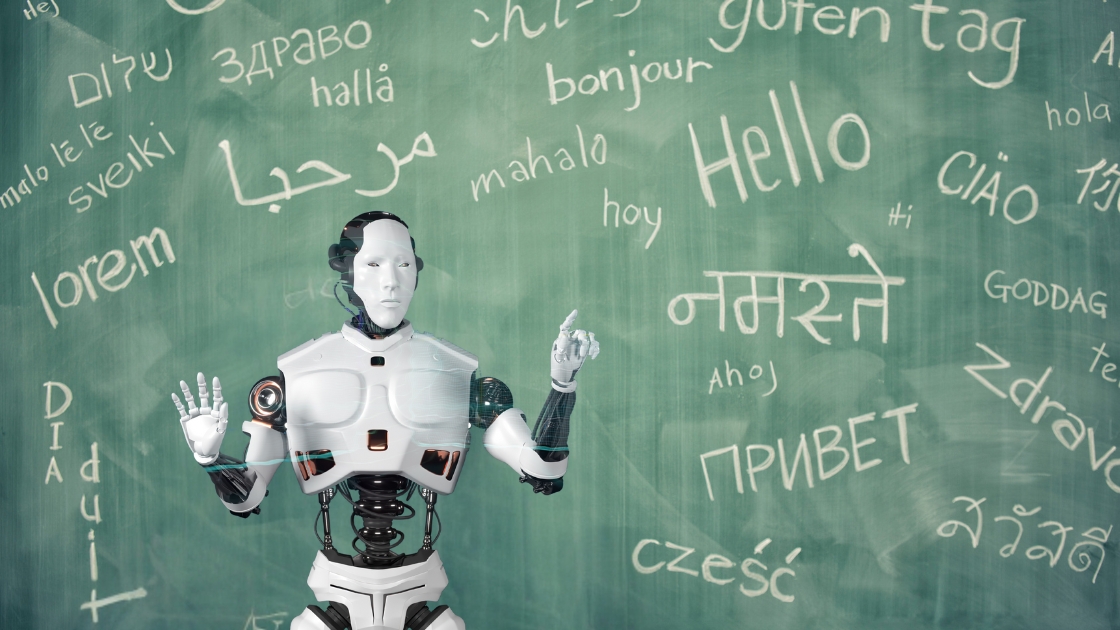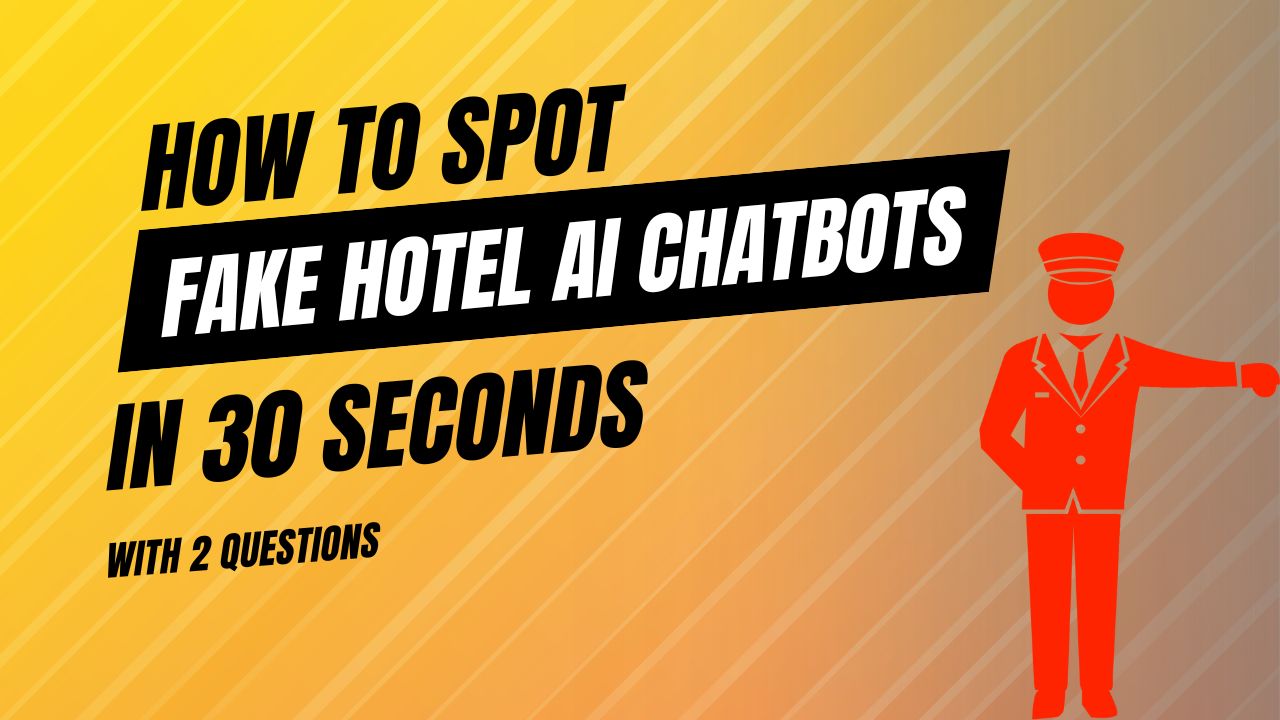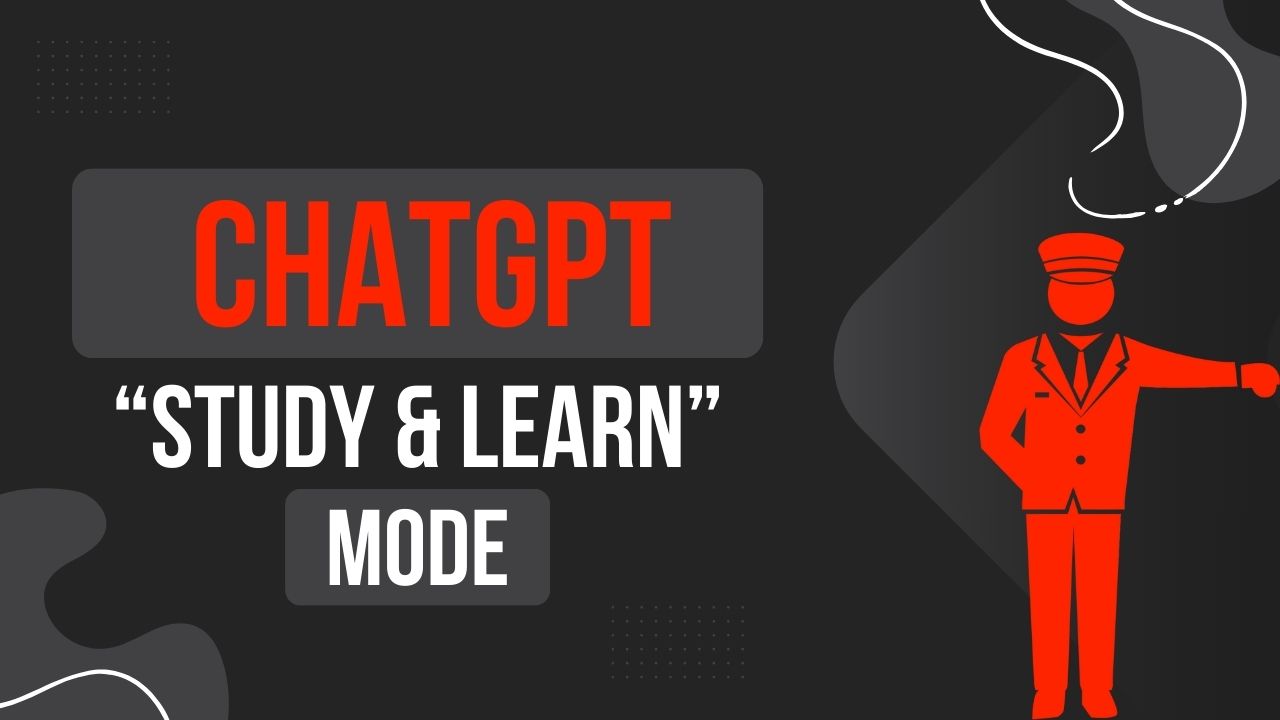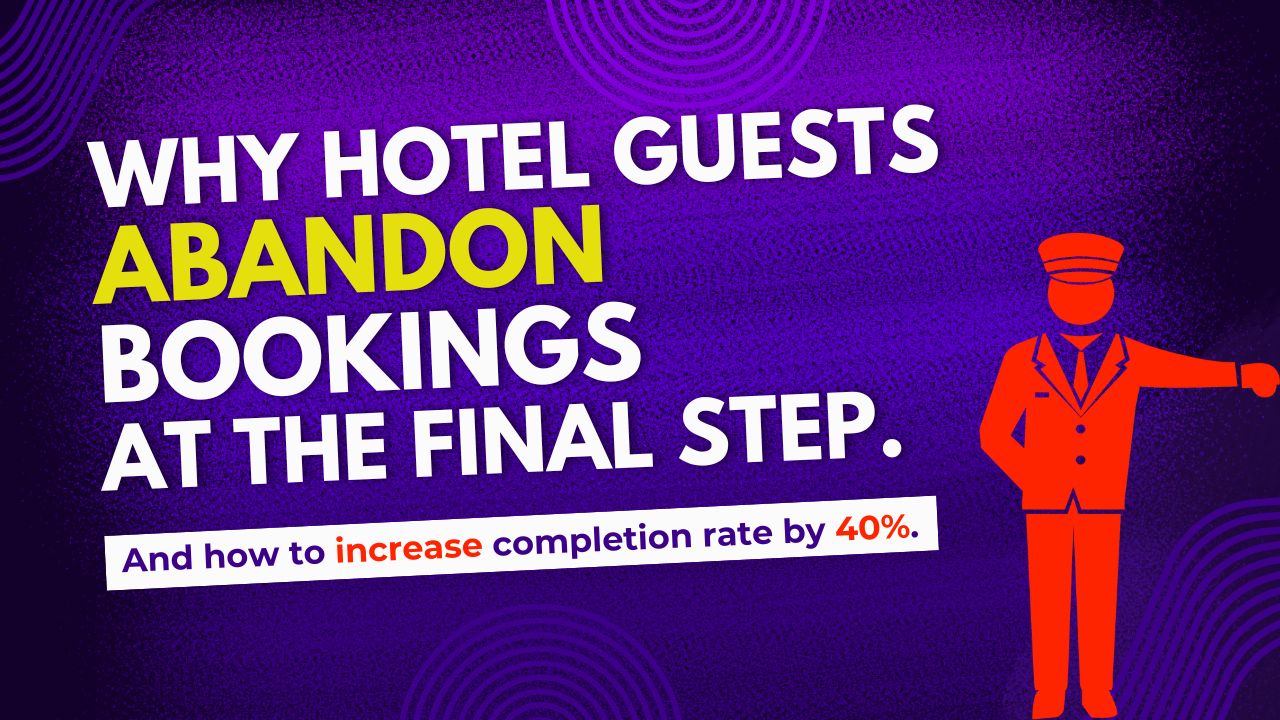Let’s cut through the hype and marketing speak.
What tangible problems can artificial intelligence in hotels actually solve?
How can AI hospitality solutions transform your day-to-day operations?
And more importantly, what measurable return on investment can you expect when implementing hotel AI technology?
After analyzing hundreds of real-world AI implementations across the hospitality industry, we’ve identified nine distinct categories where intelligent automation creates quantifiable value in hotel management.
The hospitality landscape is changing rapidly. Not only hotels embracing AI-powered tools are optimizing operations, but they’re fundamentally reimagining the guest experience while unlocking revenue streams that traditional approaches simply can’t access.
In this guide, we’ll start with a high-level overview of these nine categories, then dive deeper into practical examples and implementation strategies that you can apply to your property, regardless of size or market segment.
1. Time-Consuming and Repetitive Inquiries
Every hotelier knows the drill:
- “Is parking available?”
- “What’s your cancellation policy?”
- “What time is check-in?”
These questions, while crucial for guests, consume valuable staff time across all stages of the customer journey, from pre-booking to check-out.

Hotel AI-powered chatbots and AI virtual assistants excel in handling these repetitive inquiries that flood your reception desk and reservation team daily.
Your staff repeatedly answers identical questions about local restaurants, upcoming events, tourist attractions, and basic hotel amenities.
An AI-powered hotel concierge can manage these routine conversations with remarkable accuracy, maintaining consistent service quality regardless of time or volume.
The beauty of conversational AI for hotels lies in its ability to learn. Modern natural language processing allows these systems to understand context, recognize guest intent, and provide personalized responses that mirror your brand voice.
While these interactions remain important for guest satisfaction, they don’t necessarily require human creativity or emotional intelligence.
At the same time, your team deserves better than spending their shifts answering the same questions over and over.
Hotels using these AI-powered systems consistently report both higher operational efficiency and improved guest satisfaction scores, not because the AI is extraordinary, but because it frees humans to be exceptional at what only humans can do.
2. After-Hours Guest Support
The hospitality industry never sleeps; your guest satisfaction and needs don’t conveniently align with staff schedules.
Consider your night porter; while essential for security and basic assistance, they might not be trained to handle complex booking inquiries or detailed questions about hotel services.
24/7 AI customer service creates a critical competitive advantage in today’s global hospitality marketplace.

Hotels using automated guest communication systems report significant improvements in customer satisfaction metrics, particularly during off-hours when traditional staffing models fall short.
The AI assistant responds instantly to service requests, answers detailed questions about amenities, and even processes room service orders when human staff are limited.
This capability becomes even more pronounced when dealing with international guests. A potential guest from Sydney inquiring about room availability at 3 PM their time is hitting your European hotel at 4 AM.
Without intelligent chatbot systems processing these queries, potential bookings sit unanswered until the next business day. By morning, that (potential) guest has likely already found some alternative solution.
3. Lost Booking Opportunities
Two silent revenue killers plague most operators in the hospitality industry:
- slow response times
- language barriers

That initial spark of interest from a potential guest has a short half-life. When responses are delayed due to time zones, staff availability, or request volumes, that interest often cools and competitors are always just a click away.
This is particularly true during low-season periods, where demand shrinks and hotels with availability can be found at every corner, thus speed and operational efficiencies are the north stars.
Language barriers compound this issue. While English serves as a common language in international hospitality, guests overwhelmingly prefer to communicate in their native tongue, especially when it comes to asking specific questions.
This preference isn’t just about comfort; it’s about trust and likelihood to book. AI can bridge this gap, providing instant, accurate responses in multiple languages, maintaining that crucial momentum from interest to booking.
4. Staff Availability for High-Value Interactions
Even the best hotel staff face natural limitations:
- eight-hour shifts
- varying energy levels throughout the day
- and the simple fact that they can’t be everywhere at once.
When multiple guests need attention simultaneously, someone inevitably has to wait, creating friction in what should be a seamless experience.

This becomes particularly critical when we consider high-value interactions; those moments where human empathy and emotional intelligence truly matter.
By handling routine tasks, artificial intelligence frees your staff to focus on these meaningful guest interactions, ensuring their limited time and energy are invested where they create the most value.
5. Consistency in Communication
Every hotel strives to maintain a consistent brand voice, but with multiple staff members interacting across various channels, natural variations inevitably creep in.
Different interpretations of policies, individual communication styles, and varying tones can create an inconsistent guest experience.
AI-powered hotel communication systems solve this fundamental challenge. Hotel messaging platforms integrated with artificial intelligence deliver uniformly branded communications across all touchpoints; your website chatbot, WhatsApp business account, email responders, and internal applications all speak with one voice.

This technological consistency ensures your carefully crafted brand identity remains intact regardless of channel or time of day.
The best hotel AI chatbots don’t just provide standard responses; they’re sophisticated enough to maintain your unique brand personality.
For luxury hotels particularly, this consistency in digital communication becomes a crucial competitive advantage to deliver personalized experiences while maintaining their communication standards.
6. Manual Booking Management Inefficiencies
Traditional booking management relies heavily on online distribution channels, phone calls, and emails.

Phone calls offer immediate resolution and personal touch, however they’re increasingly less preferred, especially by younger generations.
On the other side, emails provide written documentation but lack immediacy, creating a dangerous lag time where potential guests might explore competitor options.
This delay between inquiry and response becomes direct threat to revenue. Every minute of delay increases the chance of losing a booking to a competitor who responds faster.
7. Untapped Revenue Through Missed Upselling Opportunities
Think of upselling and cross-selling opportunities as tiny windows that open and close throughout the guest journey.
Without intelligent automated systems, most of these windows close before you can even spot them, preventing you from turning those guest preferences into revenue opportunities.
Even the most skilled staff can’t be everywhere at once, identifying and acting on every potential opportunity to deliver a personalized service.
This is where AI shines, much like advertising algorithms in marketing campaigns that outperform even the most experienced human marketers in analyzing and interpreting vast amounts of data.

During a guest’s stay, countless opportunities for additional revenue present themselves. These often stem from latent guest desires that need the right trigger at the right moment.
For example, imagine a hotel with a Spa: guest is in house, he has some time to relax and he’d enjoy a relaxing massage. Problem is, he’s not even thinking about it. So what if you’d be able to send him a message with a clear call to action to entice him to act quickly, let alone immediately?
Without AI’s ability to identify and act on these moments, significant potential revenue as a result of memorable customer experiences simply evaporates.
8. Simultaneous Request Management
As we’ve seen, even the most accomplished multitasker has their limits, in the hospitality sector just like in any other business.
While your best staff member might handle two or three repetitive tasks simultaneously, AI can process hundreds or thousands of requests concurrently. This goes beyond basic operational efficiency, as it allows to capture revenue that would otherwise slip through the cracks.
The math is simple: immediate responses lead to higher conversion rates.
A guest who receives an instant answer to their query is far more likely to book than one who has to wait, even if that wait is just a few minutes.

9. Data Analysis and Interpretation
AI’s capability extends far beyond creating reports and dashboards. As a matter of fact, one of the area where AI excels is help hotel owners make sense of data, whether it’s a small dataset or massive information pools.
By combining data from multiple sources, evaluating its validity, and extracting meaningful patterns, AI delivers actionable insights, leveraging predictive analytics, that would be impractical to obtain manually. And most times, in real time.

The human brain, while remarkable, has its limitations when processing vast amounts of information. Manual data analysis not only consumes valuable time but also introduces the risk of human error.
When properly configured with quality data, AI becomes an invaluable partner in transforming raw information into strategic business decisions, especially in the hotel industry where data touch points are so diversified.
Making It All Work Together
These nine categories represent the core areas where AI creates tangible value in hotel operations. But the real power lies in how these elements work together. When AI handles routine tasks, manages multiple requests simultaneously, ensures consistent communication, and provides data-driven insights, it creates a compound effect that transforms hotel operations.
As we’ve seen, the core and smartest capability AI brings in the hotel sector is to automate routine and mechanical aspects of hotel operations, freeing up your hotel staff to focus on what they do best: creating memorable guest experiences and provide personalized recommendations through genuine human connection.
It’s a fundamental shift in how you can approach hotel operations, guest service, and revenue generation. The hotels that will thrive in the coming years are the ones that recognize AI as a revenue-generating, experience-enhancing force multiplier.



